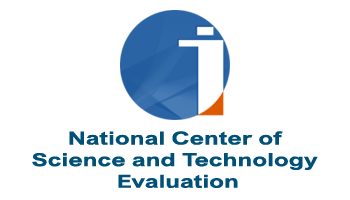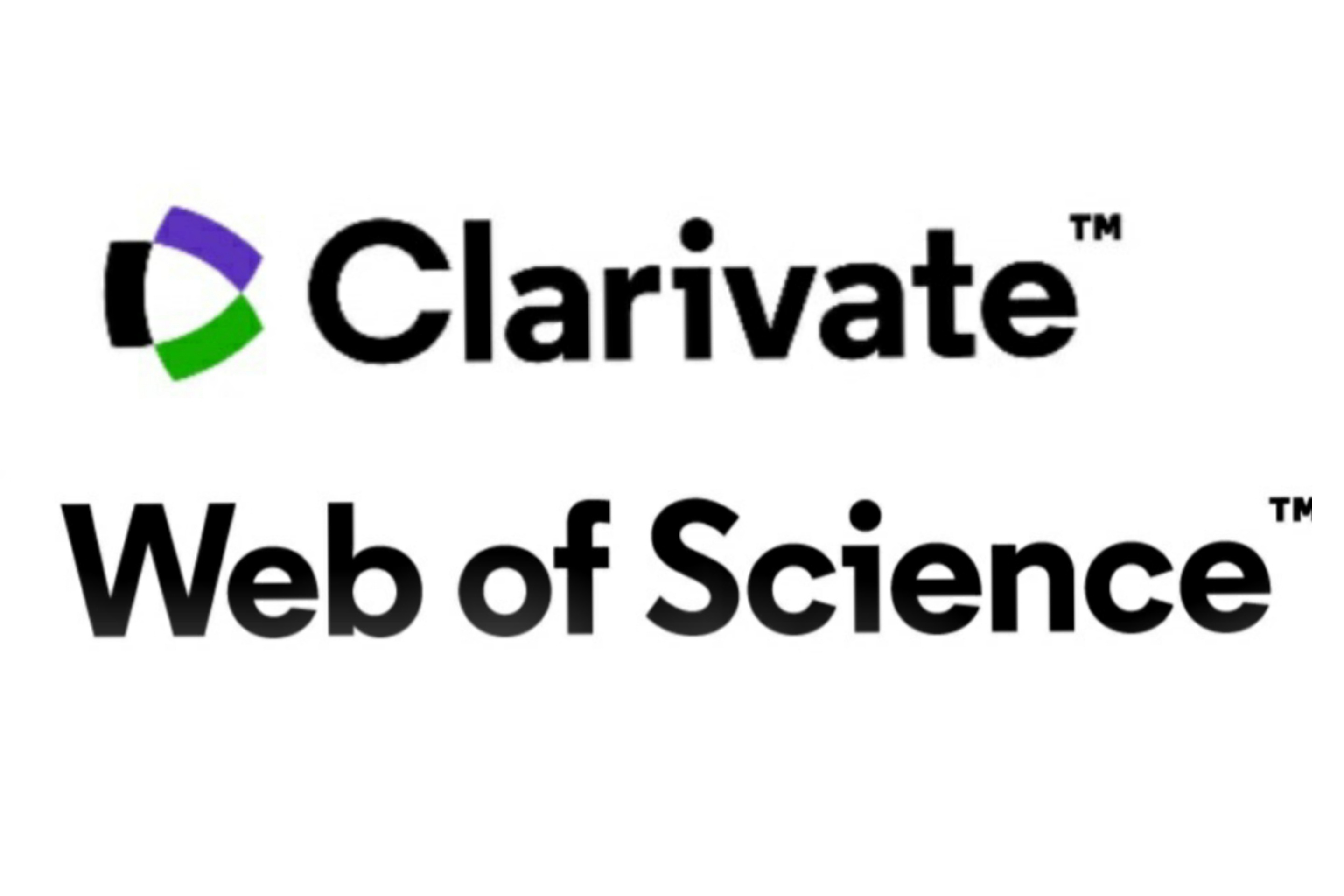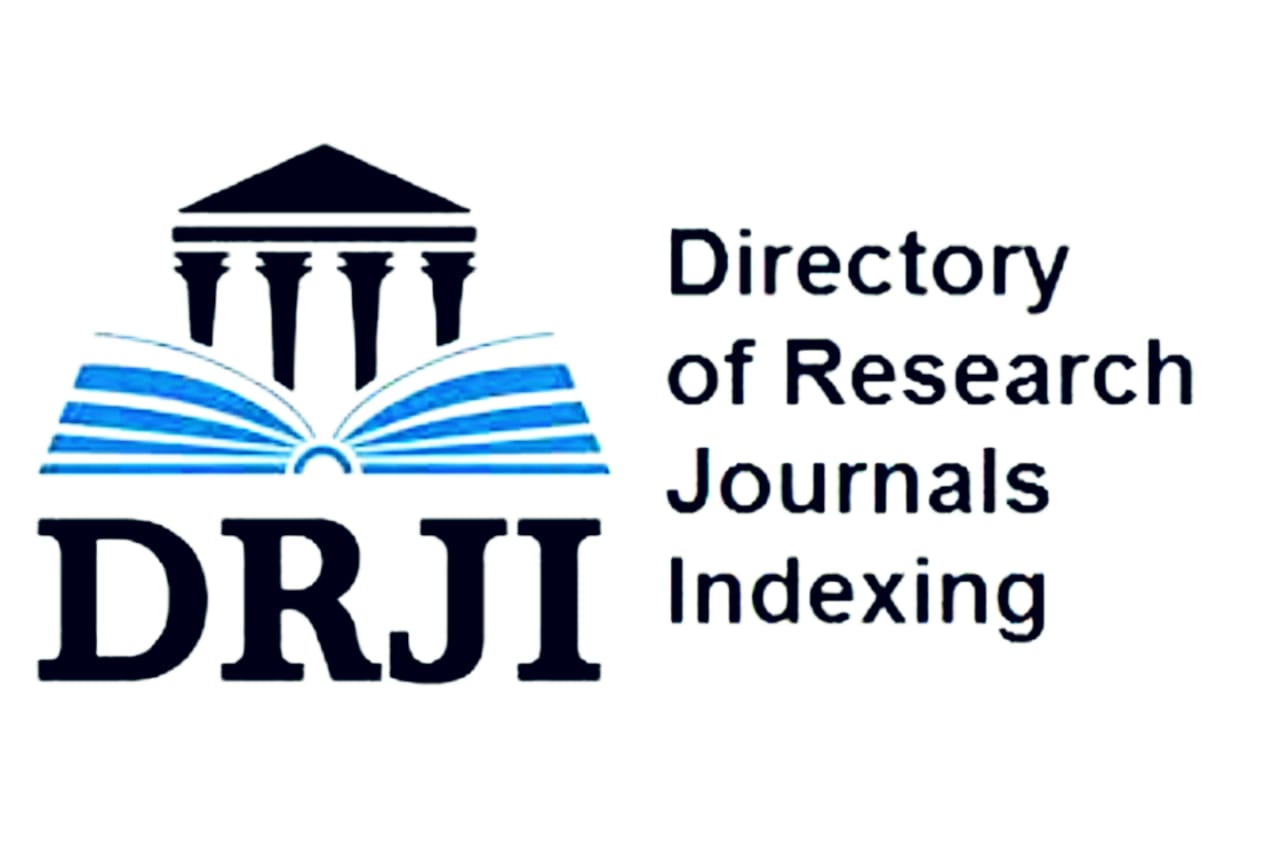A genome-wide association study for different types allergic diseases
DOI:
https://doi.org/10.26577/ijbch.2022.v15.i2.04Abstract
All over the world, there is an active search for genes that are responsible for the formation of
predisposition to allergic diseases, which is associated both with the undoubted relevance of studying risk
factors for the development of allergies, and with the emergence of new opportunities for genetic
research. In addition, anthropogenic impact can cause allergic reactions and modifications in the
functions of antioxidant defense cells and the immune system. Due to the fact that in the cohort of the
population of Almaty and the Almaty region (going forward we will say Almaty to include the region
also), respiratory diseases with an allergic component, such as bronchial asthma, bronchitis, allergic
rhinitis, are common, we consider it is appropriate to conduct an epidemiological study of candidate
genes for allergic diseases – cytokines and their receptors (IL4, IL4RA , IL12B, IL13, TNFA, CCL5),
adrenoreceptor (ADRB2), transcription factors involved in T-lymphocyte differentiation (STAT6, GATA3,
TBX21), major histocompatibility complex (HLA-DRB1, HLA-DQB1). The aim of our study is to conduct
genome-wide genotyping in people with allergic diseases and to search for marker genes that affect the
risk of developing allergies as well as to identify genes that are involved in the pathogenesis of allergic
diseases. We performed genome-wide microarray genotyping of 25355 SNPs on the iScan platform of
103 samples with allergic diseases and 108 control DNA samples using the kit (Infinium®
ImmunoArray-24 v2.0 BeadChip Kit). The results obtained, using the GWAS analysis, which takes into
account numerous polymorphisms, showed the involvement of some genes in the development of allergic
diseases (rs20541-asthma, allergic rhinitis, rs841718-atopic dermatitis, rs3212227-immunodeficiency).
Downloads
How to Cite
Issue
Section
License
Copyright (c) 2023 International Journal of Biology and Chemistry

This work is licensed under a Creative Commons Attribution-NonCommercial-NoDerivatives 4.0 International License.
ааа

















